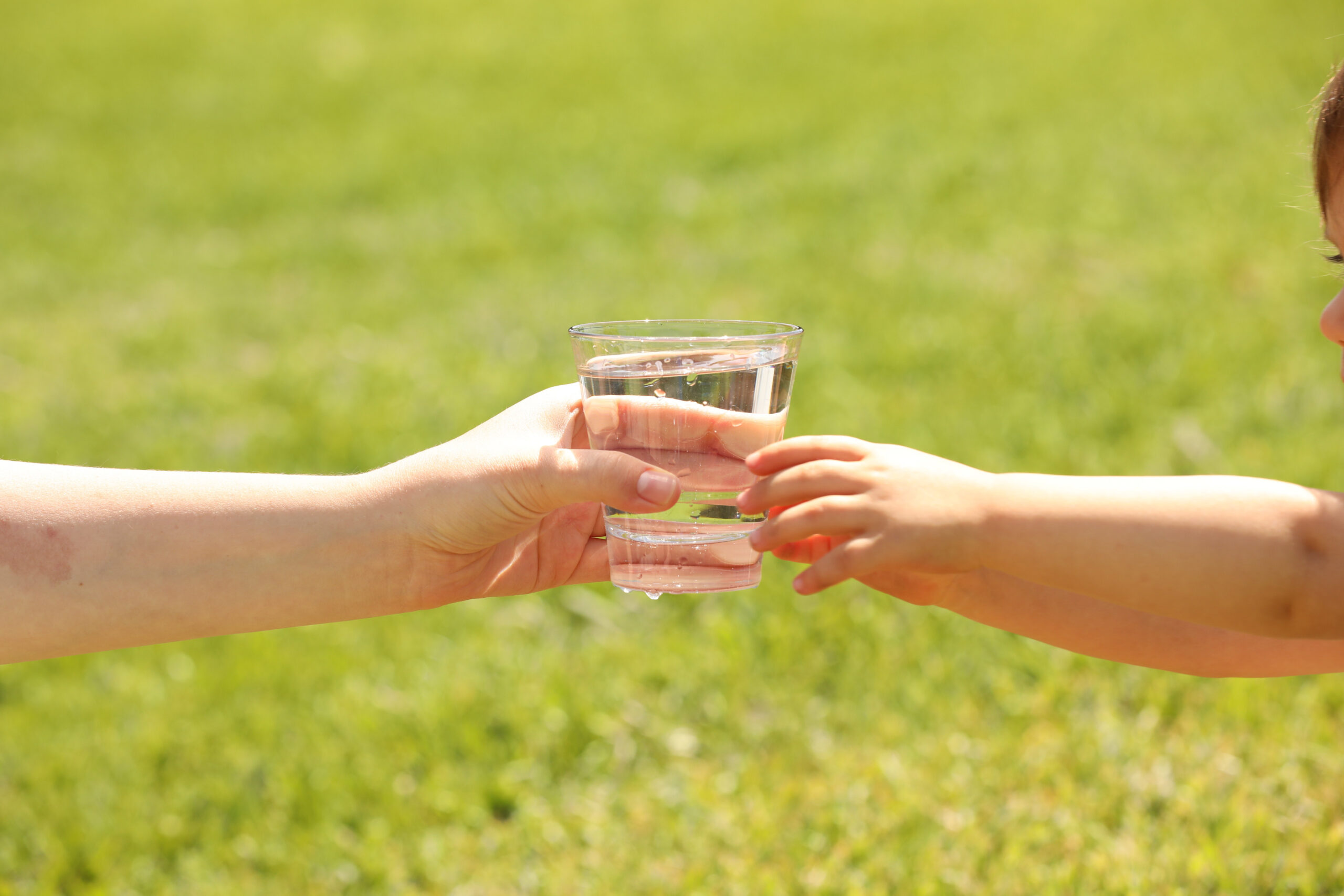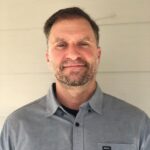
by Eric Epstein
In 2023, California water looks a lot different than it did just a couple years ago. With all the extra attention on what to do with flood water in a wet year, Sustainable Conservation believes it is more important than ever to make sure groundwater recharge is practiced with water quality, community benefits, and equity as top priorities.
With over 600,000 Californians relying on nitrate-contaminated public supply wells and many more struggling with contaminated groundwater from private wells, equitable access to information and resources related to recharge is paramount.
Promoting Accessibility
Sustainable Conservation is proud to announce that Spanish versions of our on-farm recharge overview and nitrate management brief are now available. To produce the materials, we worked with a translator with an understanding of the relevant technical concepts and language, along with experience working directly with some of the Spanish-speaking communities to which the documents are catered. This technical knowledge and community familiarity helped to ensure the translations were accurate and easy to understand.

“De todos nuestros recursos técnicos, sentimos la necesidad de traducir los documentos sobre la calidad del agua a español por varias razones.
Una de estas razones es porque hay muchos residentes de casas y comunidades rurales, que hablan principalmente español, donde dependen completamente del agua subterránea. En algunos de estos casos, su agua ya está contanimada o existe el reisgo de que se cantamine. Creemos que deberían tener acceso a información que explique los beneficios y desafíos que la recarga de acuíferos puede tener en sus suministros de agua potable. Tener estos documentos disponibles en español es un paso para facilitar la participación y la retroalimentación de individuos y comunidades para tratar de garantizar que la Ley de Manejo Sostenible del Agua Subterranea (SGMA, por sus siglas en inglés) se implemente de una manera que resulte en su derecho básico al agua potable segura y confiable.
Además, algunos hispanohablantes pueden jugar un papel clave en la implementación del Manejo de la Recarga de Acuiferos en Terrenos Agricolas (Ag-MAR, por sus siglas en inglés) y pueden hacer su parte para ayudar que se haga de una manera que minimice los posibles impactos perjudiciales para la calidad del agua subterránea. Ya sean agricultores, administradores de fincas, irrigadores, empleados de distritos de agua o que tengan un rol en el suministro de agua superficial o en la implementación de la recarga de agua subterránea.
Nuestra esperanza es que estos recursos informen y animen a los membros de comunidades y sirven como un fuente para participar y proporcionar sus comentarios sobre la gestión y la sostenibilidad a largo plazo de sus suministros de agua y sus comunidades en general.”
— Joe Choperena, Project Director of Water Resources
By providing translations, Sustainable Conservation ensures that Spanish-speaking communities, who may be disproportionately affected by water quality issues, can also benefit from the knowledge and practices outlined in these resources. This inclusive approach allows farm-adjacent communities throughout California to be proactive in securing safe drinking water and supporting a thriving farming economy within the context of the Sustainable Groundwater Management Act.
Why Water Quality and Recharge?
“Our best hope for sustainable water management is made possible when a broad range of people with diverse experiences, perspectives and opinions are making decisions together that affect their collective futures. Translating these resources into Spanish can help community members proactively advocate for recharge projects that help to protect and benefit their drinking water resources.”
— Aysha Massell, Program Director, Water for the Future
Replenishing aquifers by allowing surface water to seep into the ground has great potential to help communities achieve groundwater sustainability. However, when recharging on farm fields, the potential mobilization of nitrates and salts is a serious concern. These materials produced by Sustainable Conservation present considerations on how to protect community water quality while practicing groundwater recharge. Our historical wet winter in 2023 means there’s more available volume in our waterways, and even more will come as the high elevation snowpack melts throughout the spring and summer. This influx of water has led to serious discussions around water policy, potential new funding, and new interest in groundwater recharge throughout the state in recent months. Water quality needs to be part of the conversation when we think about recharge – especially at scale.
“By having access to educational materials such as these, communities will be better able to weigh the potential benefits and risks of recharge projects that are being proposed in their area.”
— Taylor Broadhead, Senior Project Manager, Water and Dairy Programs
The potential water quantity benefits and water quality concerns of on-farm groundwater recharge were the impetuses for publishing our nitrate management brief and water quality research paper in 2021. The materials compiled the best available science with Sustainable Conservation’s decade-plus of on-the-ground experience with groundwater recharge. These documents were created to help farmers and water managers throughout the state better navigate the opportunities — and challenges — of practicing on-farm groundwater recharge.
The entire Sustainable Conservation team is excited by the opportunity to further incorporate this framework for multilingual support in our future groundwater recharge programming.
